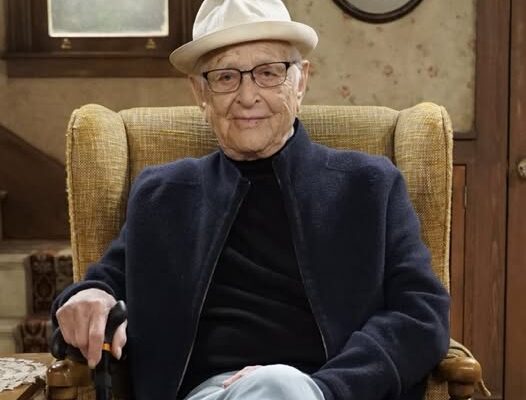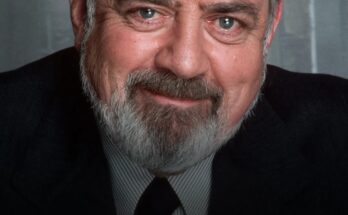In Hollywood, Norman Lear was a creative force, an inspiration, and—most importantly—a close friend to a number of people, including actors, directors, screenwriters, and network executives. Through groundbreaking shows like The Jeffersons, Good Times, Maude, All in the Family, and others, he transformed television and introduced modern realities into American living rooms.
Lear made it his life’s work to embody the reality of modern culture. This also applied to the outstanding art collection he and his wife, Lyn Davis Lear, assembled.
Their collection will be on display at Christie’s in New York in May as part of the flagship week for the 20th and 21st centuries. Some of Lear’s greatest admirers, who were also his friends, coworkers, and mentees, reflect on his contributions to American entertainment and the various ways his legacy lives on ahead of the sales.
Billy Crystal is an actor, comedian, writer, and director.
It was at the Comedy Store in Los Angeles that I first met Norman in 1975. I was traveling to Los Angeles for the first time, having just started my standup career. I was attempting to make a living as a comic at night while substitute teaching during the day on Long Island. I performed a set, and it was excellent. Later, Mr. Lear and Carl Reiner stopped by to say hello while I was outdoors. I felt overpowered. We conversed for a little while, they both said some beautiful things, and I didn’t require an aircraft to return home.
“A few days later, the phone rang as I was giving my two-year-old daughter her meal. As I responded, a woman remarked, “Hold on for Norman Lear,” and inquired if I was the person. Saying, “Hello, this is Norman Lear, we met at the comedy store,” he pretended not to know who I was. “Next week, a segment on All in the Family will air. You’d be great with Rob Reiner, and you’d play Mike’s best friend. Could you just leave this place? He found me and gave me a call at my house! He felt something for me, even though there were a ton of performers in Los Angeles who could have played that role. I still get really attached to it.
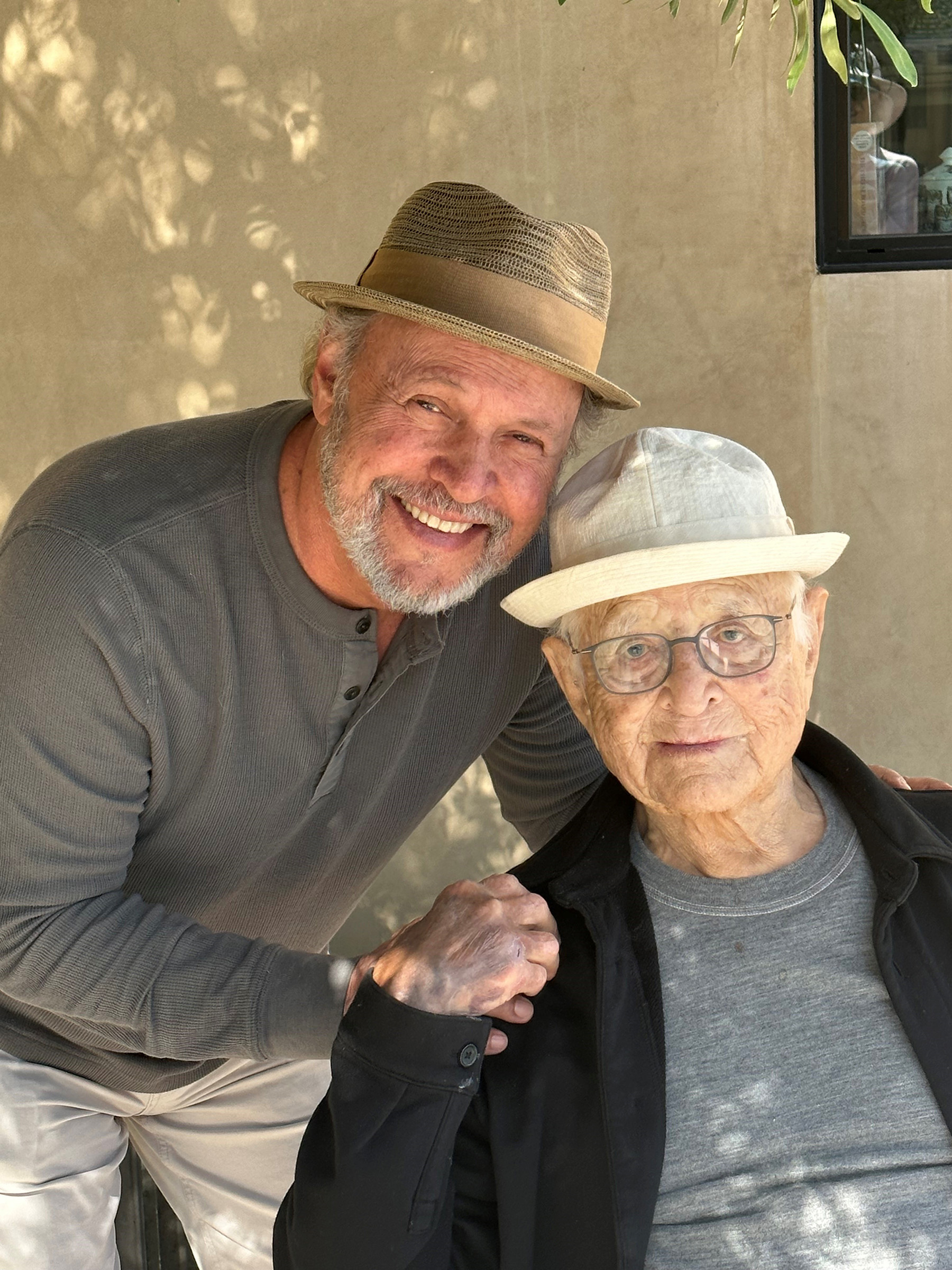
Norman emphasized how inclusive the process is and that you should not hesitate to share your thoughts if you have any at the first rehearsal when I was meeting Rob, Sally [Struthers], and the other members of the cast for that episode. I could see then how talented a producer he was and how much he valued other people’s opinions in order to achieve the best possible final product. Even though I was a complete novice, he, Rob, and the writers were receptive to recommendations.
The performances of “Lear” weren’t just funny. They were sharp and honest, never stupid or calumniating, and since they were always dressed in the truth, they were welcomed. He took up genuine subjects and never wavered.
I believe that his influence continues to shape how programs are created now. A near-silent “What would Norman do?” can be heard.
The things that I would miss the most about him are his kindness, humor, intelligence, and integrity. He was a brilliant man who made enormous contributions to American culture, but to me, he was always just a nice, humorous, and endearing uncle.
I initially got to know Norman when we were taping the Black-ish pilot. He was really encouraging in a way he did not need to be, contributing his voice and experience and telling me to just be myself. He had heard about the play.
I think Norman had a greater artistic influence on me than any other television personality because he taught me to be authentic and share my own stories. It is my belief as a storyteller that although you cannot be someone else, you can tell your narrative through the perspectives of others. Although I am unable to convey a woman’s story, I can share mine through the ladies who have raised and assisted in raising me. I have been able to share my story with the women I have worked with. I can use the white guys I know and the way I see them reflected in my eyes to convey my tale. That, in my opinion, is the essence of Norman, and it’s what I sincerely hope to carry out as an artist.
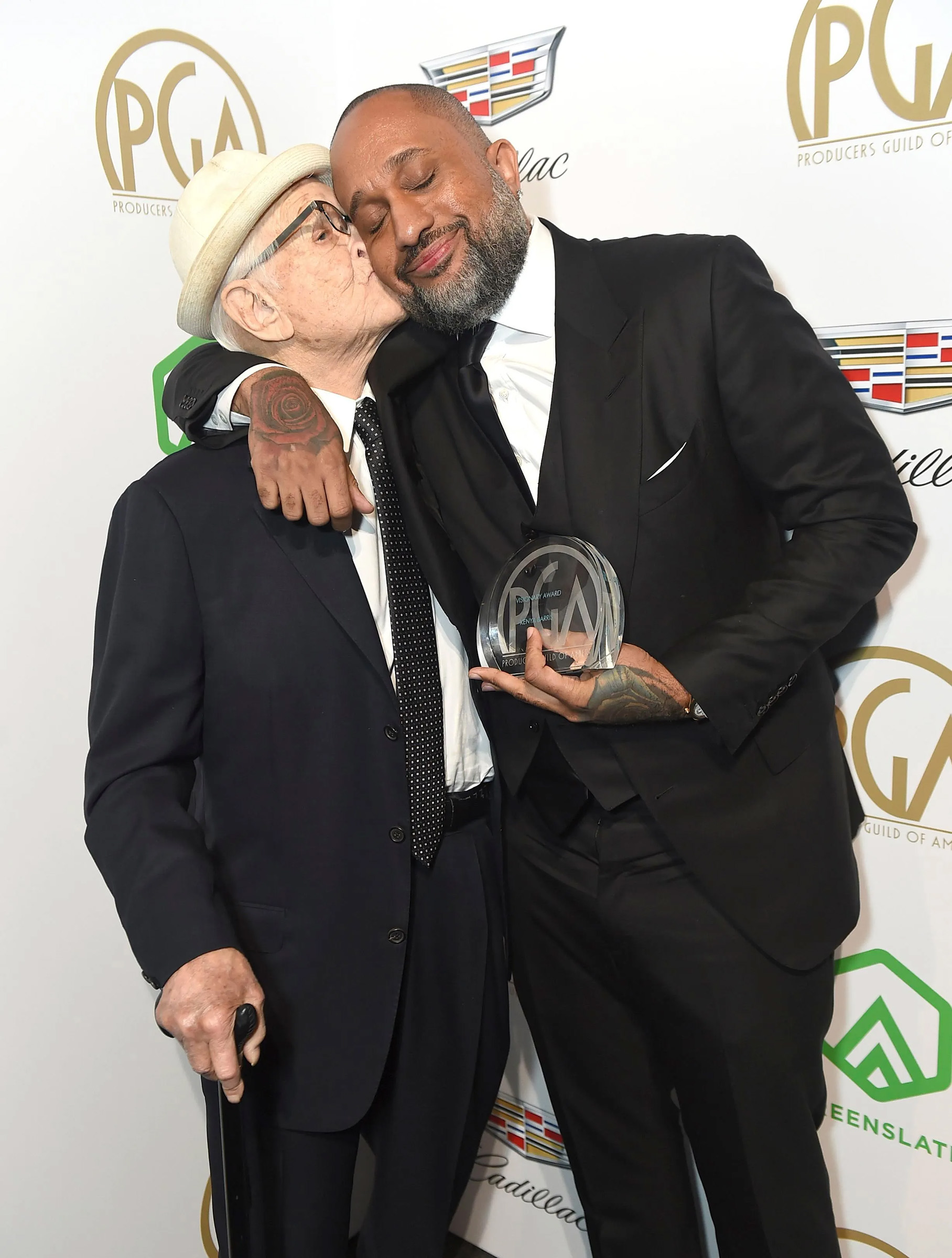
The truth was conveyed by Norman in both his spoken words and the powerful visuals he created using the voices of his characters. They discussed the globe. They discussed the various emotions that people experience, including the happy, sad, ugly, and good. By accurately portraying the conversations that were taking place at work, in the bedroom, and around the dinner table, he used television as a mirror to reflect society. He shared those intimate discussions with the entire world.
Screenwriter, producer, and creator of Shondaland Shonda Rhimes
I have a lot of wonderful personal memories of Norman, but my favorite may be from the weekend we spent together at a retreat. I was honored to get the opportunity to interview him, but I was also rather anxious about it. He simply took hold of my hand and assured me that everything would be alright, sensing my level of anxiety. Let’s get right to it. We got up on stage and enjoyed ourselves immensely. He’s always been that kind of person, so that was extremely considerate and giving of him. Norman is intelligent, hilarious, and eternally young, if I had to sum him up in three terms. I was always young.
Because of his writings about mankind, Norman’s contributions to the community are still valued in the entertainment sectors. He brought humor, intelligence, and fascination to humanity.
You see that Norman is reflecting society back to itself if you think of everything from Maude to The Jeffersons to Good Times. What I found most appealing was that he showed America and the globe as they were at the time by taking themes that weren’t typically discussed on television.
Because Norman wrote about humanity, I believe his contributions to the community are still valued in the entertainment sector. He brought humor, intelligence, and fascination to humanity. He told stories in a way that taught us to look within individuals, regardless of how wonderful or terrible the characters were.
The finest advice Norman ever offered me was to approach every day as if it were a new workday and to never stop working. That seemed to him to be the ideal approach to maintain youth and engagement.
Netflix co-CEO Ted Sarandos
“I used to encounter the Norman Lear phrases so often that I mistakenly believed they were similar to “In God We Trust.” I assumed that was merely a coined expression. I had no idea that Norman Lear was a real person creating all of this.
I admitted to Norman that my 1976 binge-watching of Mary Hartman, Mary Hartman when I was twelve years old was probably the subconscious source of inspiration for my binge-watching habit. Norman’s work on this show was one of his best. It’s a soap opera, but I was never able to watch it growing up in Arizona because it aired in the middle of the day. However, the local station that aired the show would rebroadcast all five episodes on Sunday nights at 10:30p.m. Every week, on Sunday nights at 10:30 p.m., my parents, who ought to have forced me go to bed, let me stay up late and watch all five of that week’s Mary Hartman episodes.
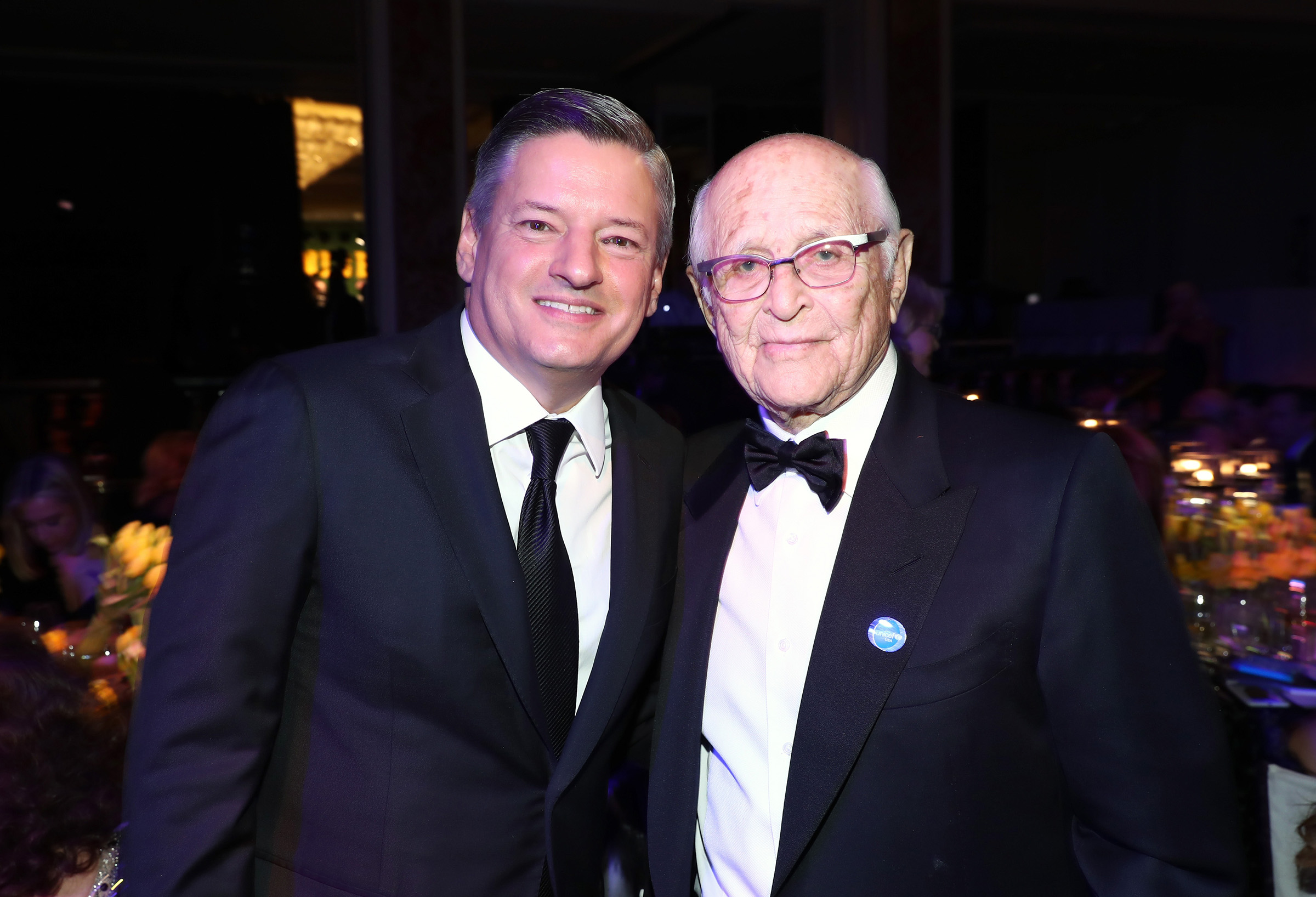
Two things were incredibly important to Norman. He was deeply interested in two things: getting you to laugh and thinking, in that exact order. There are so many characters and tales [from his programs] that are still somewhat debatable today. That envelope was always pushed by Norman.
Like everyone else, I think we are all continuously learning from Norman Lear. He inspired me to take risks, to make difficult choices, to believe that ideas matter greatly in society and culture, and to be able to advance them. And being surrounded by amazing storytellers and possessing bravery are crucial components of that.
Reginald Hudlin, former BET president of entertainment, is a writer, director, and producer.
“Norman was a revolutionary, and he was a revolutionary repeatedly, which is extremely difficult to accomplish.” Having a hit single, hit TV show, or hit movie is difficult enough. He not only had several hits but also switched up the medium on several occasions.
Norman was able to make meaningful remarks about our identity as Americans and as individuals, not just for the sake of amusement. Preaching is quite simple, and when you do it, you’re usually talking to individuals who share your beliefs. He discovered the secret to never sacrificing entertainment value. He was able to reach the folks who needed to hear the message the most by doing this.
By being open about things, Norman was able to portray our culture as it was. Aspirational content and aspirational lives are frequently portrayed on television. That wasn’t done by Norman. Here are some working class people, he remarked. They work at these jobs and lead these lives.
Norman recognized race as well. He did not discuss Black people in a generalized manner. He featured two very different types of Black folks in his two separate presentations. He had upper middle class and working class acquaintances, and each of them enjoyed a rich, complex life. Those characters resonated with me when they first came out and have remained relevant over time.
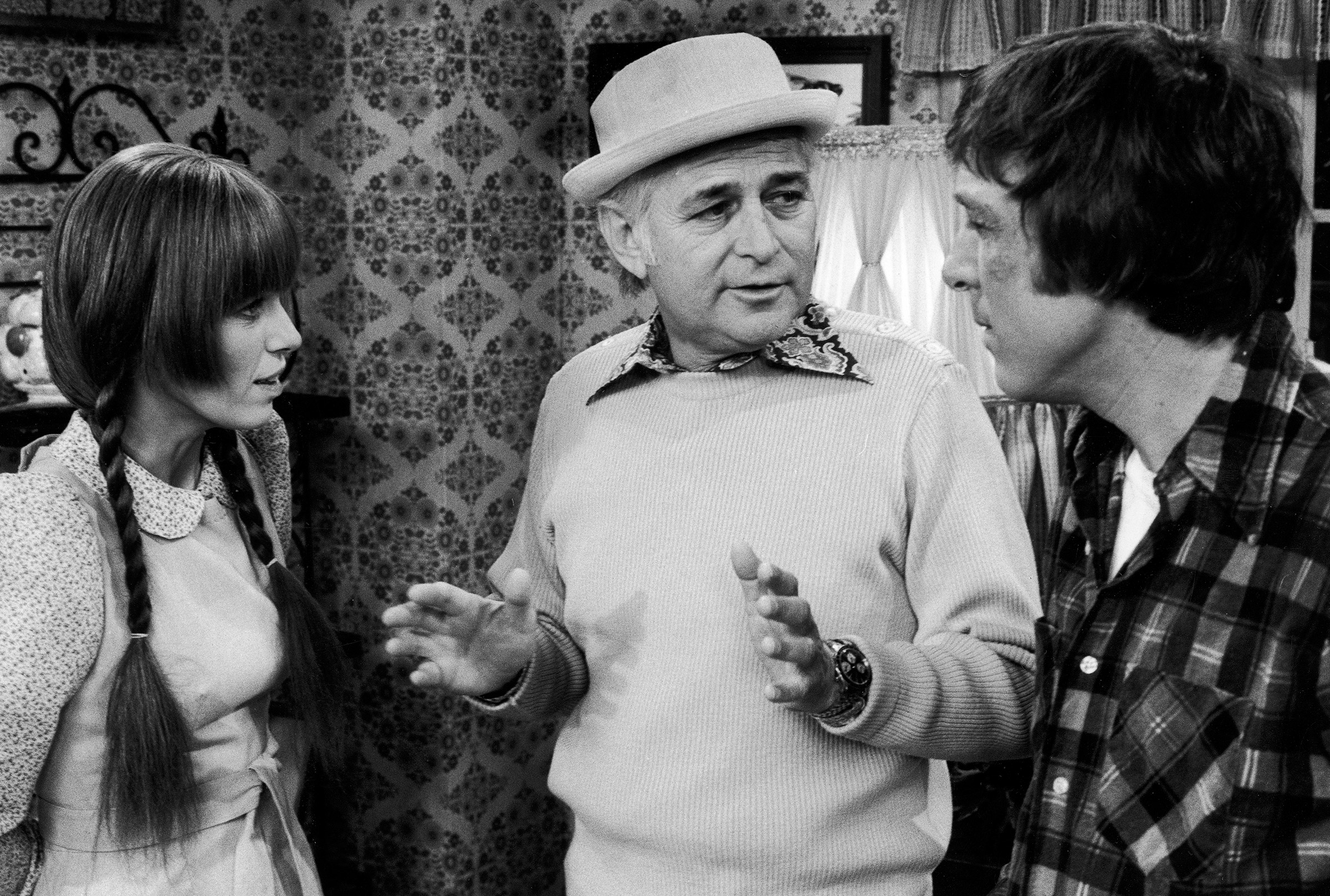
Norman’s work served as an inspiration to other television and film artists over the years. Furthermore, it is extremely impressive that he was prepared to use his fame and financial fortune to further his political activism till the end of his life. I’m quite happy he was born.
Phil Rosenthal is the creator of Everybody Loves Raymond and its writer/producer.
“I always say that there are two parts to television: Before Norman and After Norman, or BN and AN.” That is the extent of his influence on All in the Family and all subsequent television programs, including Maude and Good Times. He was keeping an eye on American events and offering commentary as well. There was a genuine point of view, and it was one of inclusivity, love, joy, and improving the world.
Even though I didn’t understand the politics, “All In the Family” was my favorite program growing up because of how well-developed, endearing, and humorous the characters were. He realized that you won’t listen to the message if you don’t care about the individuals who are trying to tell it to you.
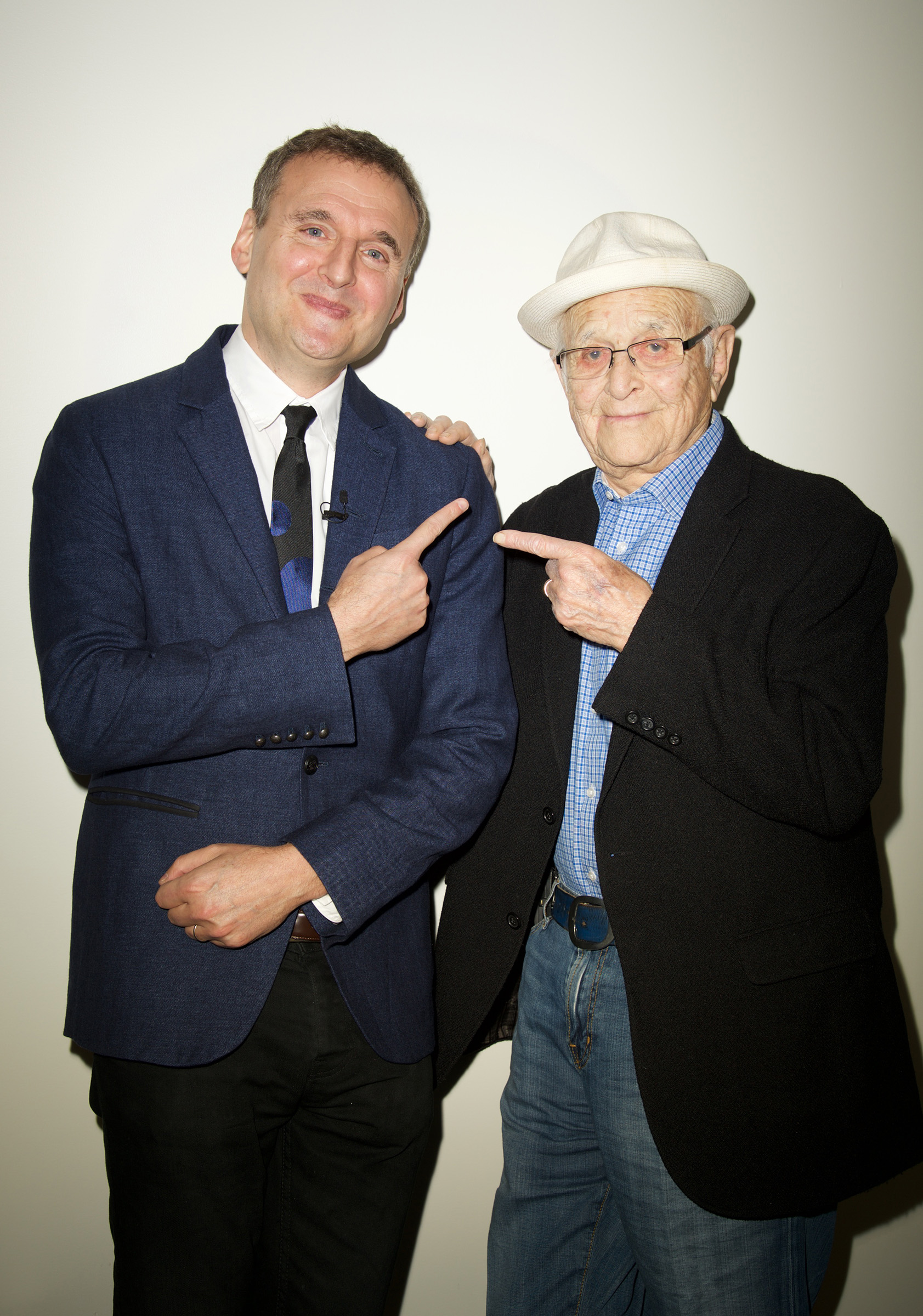
“Norman Lear was on line one,” someone called the writer’s room while I was in the middle of the first season of Everybody Loves Raymond. Norman was one of my heroes and, at the time, the most important television personality in my life. I answered the phone. “Hello,” I said. “I hear we’re fans of each other,” he remarked.Tomorrow, we ought to have lunch together. Could we meet at Pinot on Ventura at around twelve? Naturally, I replied. “Oh,” he continued, “And there’s another person who wants to meet you too. He too is a fan.
When I arrive, Norman and Carl Reiner are seated, and I pass out. They behaved with me as though I were family—like a nephew. I spent more than 25 years as family with them because they made me feel like family. To me, Norman and Lyn and their family have always simply been family.
“Norman and Lyn were superb art collectors as well.” The amazing modern art displayed in their houses was youthful, exuberant, and life-affirming—qualities that embodied Norman and Lyn’s essence. Wonderful objects that were an incredible representation of the owner’s youthful energy could not have been imagined to be found in their home
